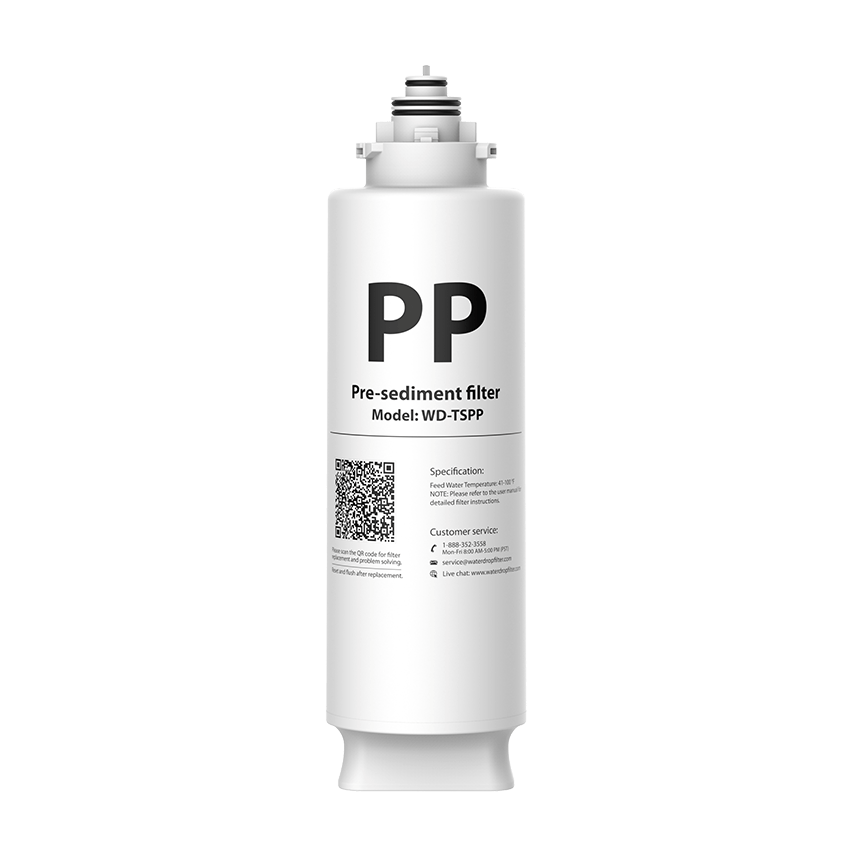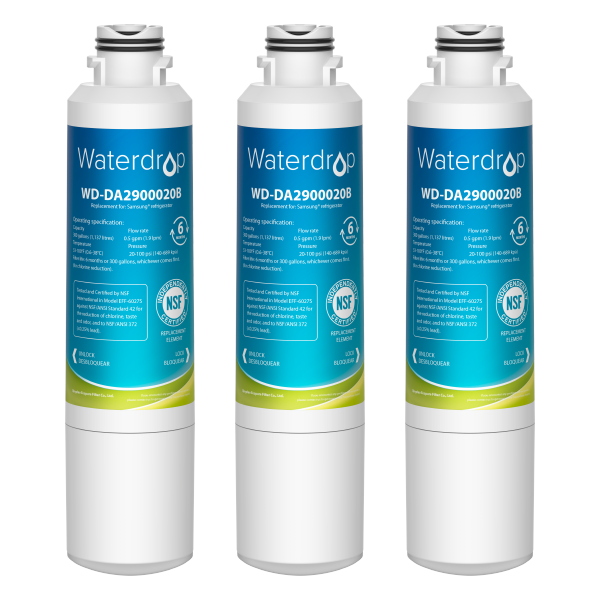Does Boiling Tap Water Remove Chemicals?
by Dr. Jonathan Doyle - Updated January 10, 2025
Access to clean and safe drinking water is essential for every household, and in Australia, most of us rely on tap water for daily needs. But is tap water completely safe? One common question arises: Does boiling tap water remove chemicals? This blog will explore the science behind boiling water, the types of chemicals present in tap water, and what Australians can do to ensure their water is safe to drink.
Why Boil Tap Water in the First Place?
Boiling water is an age-old method of purifying drinking water. It’s effective in killing bacteria, viruses, and other microorganisms that cause waterborne diseases. In rural areas of Australia or during natural disasters, authorities often advise boiling tap water before consumption as a precautionary measure.
But boiling doesn’t address everything. Unlike bacteria and viruses, chemicals dissolved in water don’t necessarily disappear when exposed to high heat. This distinction is critical when discussing the effectiveness of boiling water for purification.
What Chemicals Are Found in Australian Tap Water?
Tap water in Australia generally meets high safety standards. However, it can still contain trace amounts of chemicals that vary depending on your location. Let’s take a closer look at the most common ones:
Chlorine
Chlorine is added to Australian water supplies to kill harmful bacteria. While chlorine levels are generally safe, some people dislike its taste and smell, and prolonged exposure may irritate the skin.
Fluoride
Fluoride is added to tap water to prevent tooth decay. The practice has sparked debates, but health authorities insist the levels used are safe.
Heavy Metals
Lead, copper, and other heavy metals can enter your tap water through aging pipes. These metals pose significant health risks, particularly for children.
Nitrate and Pesticides
In agricultural areas, nitrates and pesticides can leach into water supplies. These chemicals can be harmful, especially for pregnant women and infants.
Does Boiling Remove These Chemicals?
Now to the big question: Can boiling tap water remove chemicals like chlorine, fluoride, and heavy metals? The answer is both yes and no, depending on the type of chemical.
Chlorine
Boiling water for about 15 minutes can help reduce chlorine levels, as it evaporates when heated. However, this method doesn’t eliminate chlorine entirely.
Fluoride
Unfortunately, boiling doesn’t remove fluoride. In fact, it can concentrate fluoride levels slightly because some water evaporates, leaving the fluoride behind.
Heavy Metals
Boiling has no effect on heavy metals like lead and copper. In some cases, it may worsen the problem by increasing the concentration as water evaporates.
Nitrate and Pesticides
Similar to heavy metals, boiling doesn’t effectively remove nitrates or pesticides. These chemicals remain dissolved in the water even after prolonged boiling.
Alternative Methods to Remove Chemicals from Tap Water
If boiling isn’t effective for removing all chemicals, what are your options? Australians have several alternatives to ensure safer drinking water.
Water Filters
Installing a water filter is one of the most effective ways to remove unwanted chemicals. Filters come in various types:
Distillation
Distillation involves boiling water and collecting the steam, which then condenses back into liquid. This process effectively removes most chemicals, including heavy metals and fluoride. However, it can be time-consuming and expensive.
Bottled Water
In areas where tap water quality is a concern, some people opt for bottled water. While convenient, it’s not a sustainable or cost-effective solution in the long term.
How Safe Is Australian Tap Water?
According to the Australian Drinking Water Guidelines, the country’s tap water is safe to drink. However, factors like old plumbing, agricultural runoff, or natural disasters can affect water quality.
If you’re unsure about your tap water, you can request a water quality report from your local council or water supplier. These reports detail the levels of chemicals and other substances in your drinking water.
Practical Tips for Ensuring Safe Drinking Water
Here are some actionable steps to ensure your water is as safe and pure as possible:
Conclusion
Boiling tap water is an effective method for killing harmful microorganisms, but it doesn’t remove all chemicals. While it can reduce chlorine, it’s ineffective against heavy metals, fluoride, and nitrates. To ensure safe drinking water, Australians should consider additional purification methods such as water filters or distillation.
By understanding the limitations of boiling and exploring alternative solutions, you can take control of your water quality and enjoy peace of mind knowing your family is drinking the safest water possible.
Contaminants Detected in Fruitland Water Special Service District
30
Contaminants
EXCEED EWG HEALTH GUIDELINES
EXCEED EWG HEALTH GUIDELINES
30 Total Contaminants in Your Water
Water Provider
Fruitland Water Special Service DistrictPopulation Affected
120,000Water Source
Ground waterExceeds Guidelines
Others Detected














